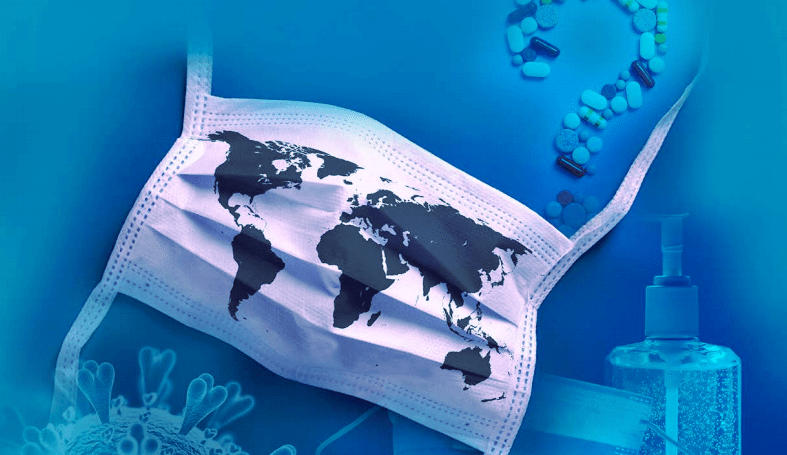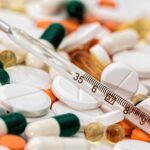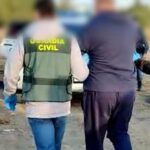New Europol report on who are the counterfeiters and how they are trying to profit from COVID-19
From websites selling fake COVID-19 blood screening tests taken down by several EU Member States’ law enforcement authorities to the seizure of substandard facemasks originating from Brazil and the sale of chloroquine via instant messaging apps: counterfeiters have been quick to cash in on COVID-19. The outbreak of the coronavirus disease has offered an opportunity for fast cash, as criminals exploit shortages of genuine products and the anxieties of regular citizens. The profits generated by these criminals during this time of crisis are likely very substantial, as these criminals operate in complete disregard of the health and well-being of us all.
In a report published last week, Europol provides an up-to-date threat picture of the activities of counterfeiters during the COVID-19 crisis. All information is based on contributions from EU Member States and Europol’s partner countries.
KEY FINDINGS
- The organised crime groups involved in the production and distribution of counterfeit goods have once again proven highly adaptable in terms of shifting product focus, marketing and packaging to suit or shape current demand. However, the main countries of production have remained the same. This also applies for modi operandi, routes and the nationalities of suspects involved. An analysis of the operational data provided to Europol reveals that the companies targeting the EU for distribution of counterfeit pharmaceutical products and equipment are registered to addresses both within the EU (Bulgaria, Germany, Netherlands, Poland among others) and outside the EU (China, India, United States).
- While some product offers for counterfeit goods related to the COVID-19 pandemic have appeared on the dark web, the product offerings available there remain limited compared to the surface web, which continues to host the primary distribution platforms for counterfeit goods.
- Some of the platforms used to advertise and sell these goods pre-date the COVID-19 pandemic and have been monitored by law enforcement authorities. In addition to these established platforms, a significant number of new websites were established for the express purpose of profiting from the pandemic. These websites sell fake COVID-19 home test kits and offer unconfirmed and often false advice on the treatment of COVID-19.
- Some criminal groups may seize opportunities during the COVID-19 crisis to offer counterfeit or substandard food items more widely due to increased demand following some citizens’ fear of perceived food shortage. Particular attention should be paid to developments and criminal innovation if a genuine vaccine for COVID-19 is developed as this will likely prompt a wave of offers for counterfeit vaccines.
Europol is currently supporting several operations across the EU to combat the distribution of counterfeit and sub-standard goods during the COVID-19 pandemic. This involves the intensified monitoring of online platforms in order to possibly tackle online COVID-19-related crimes. Cooperation with private industry stakeholders is also a crucial aspect in the work Europol is doing in countering the threat in this area.







Leave a Reply